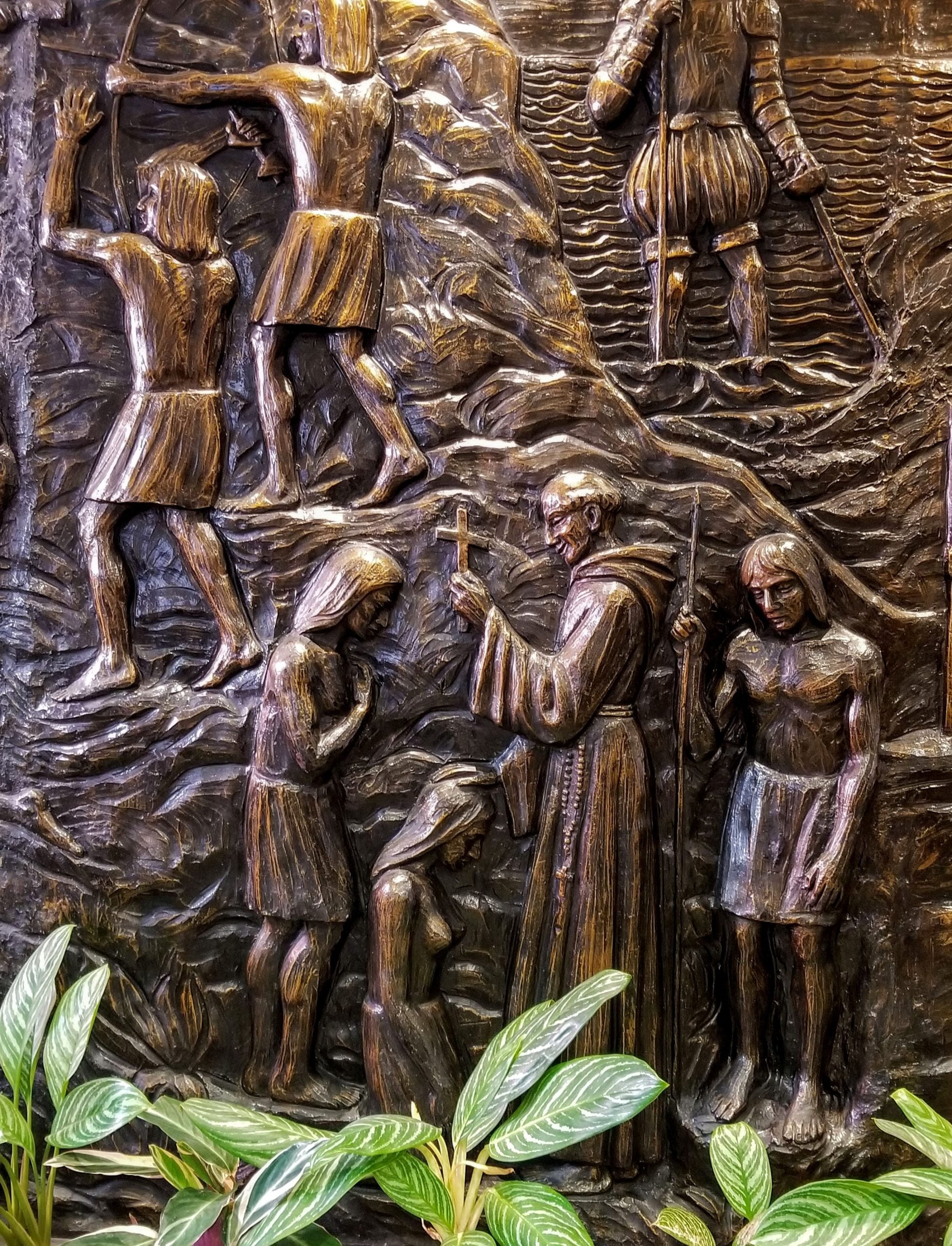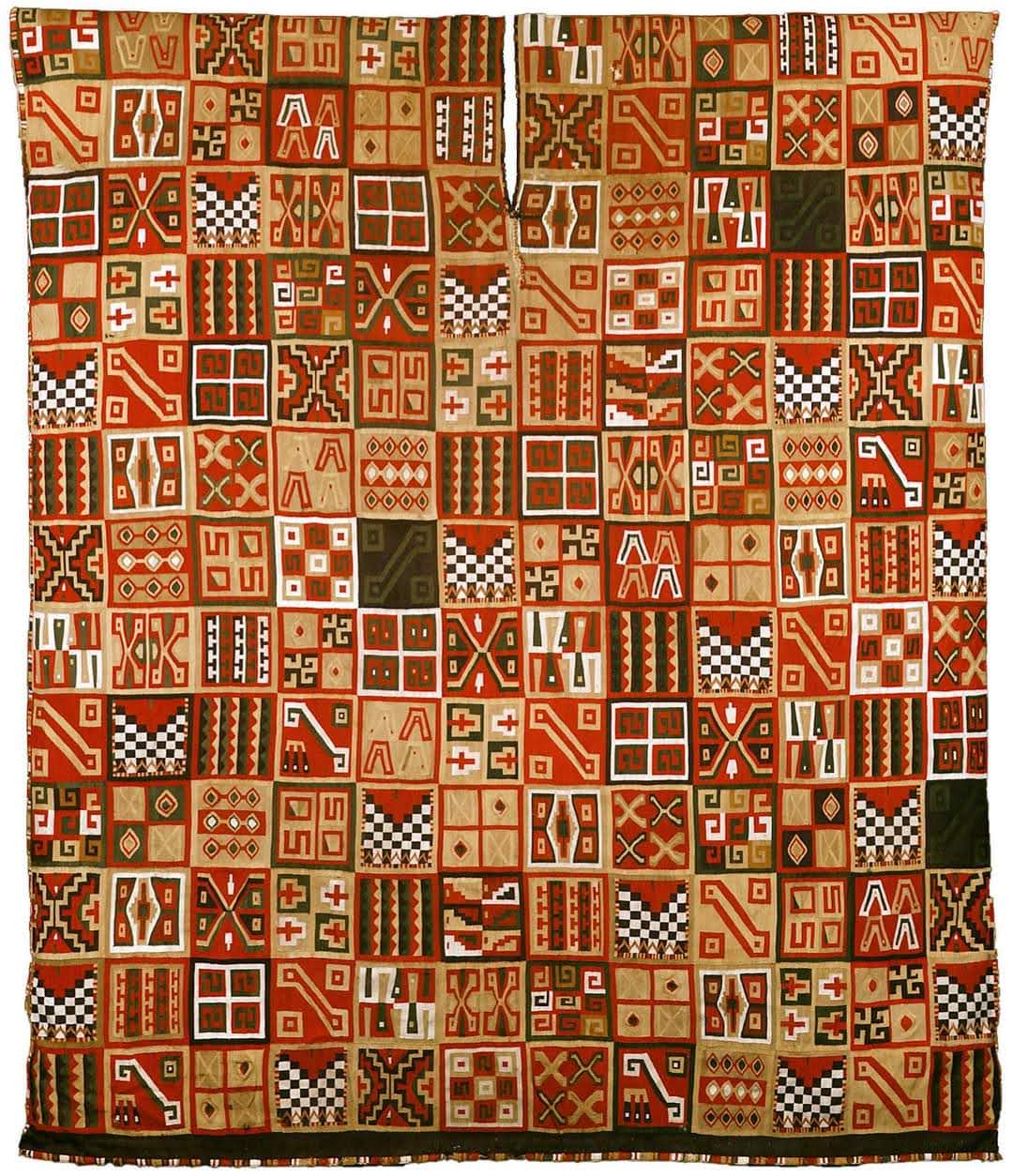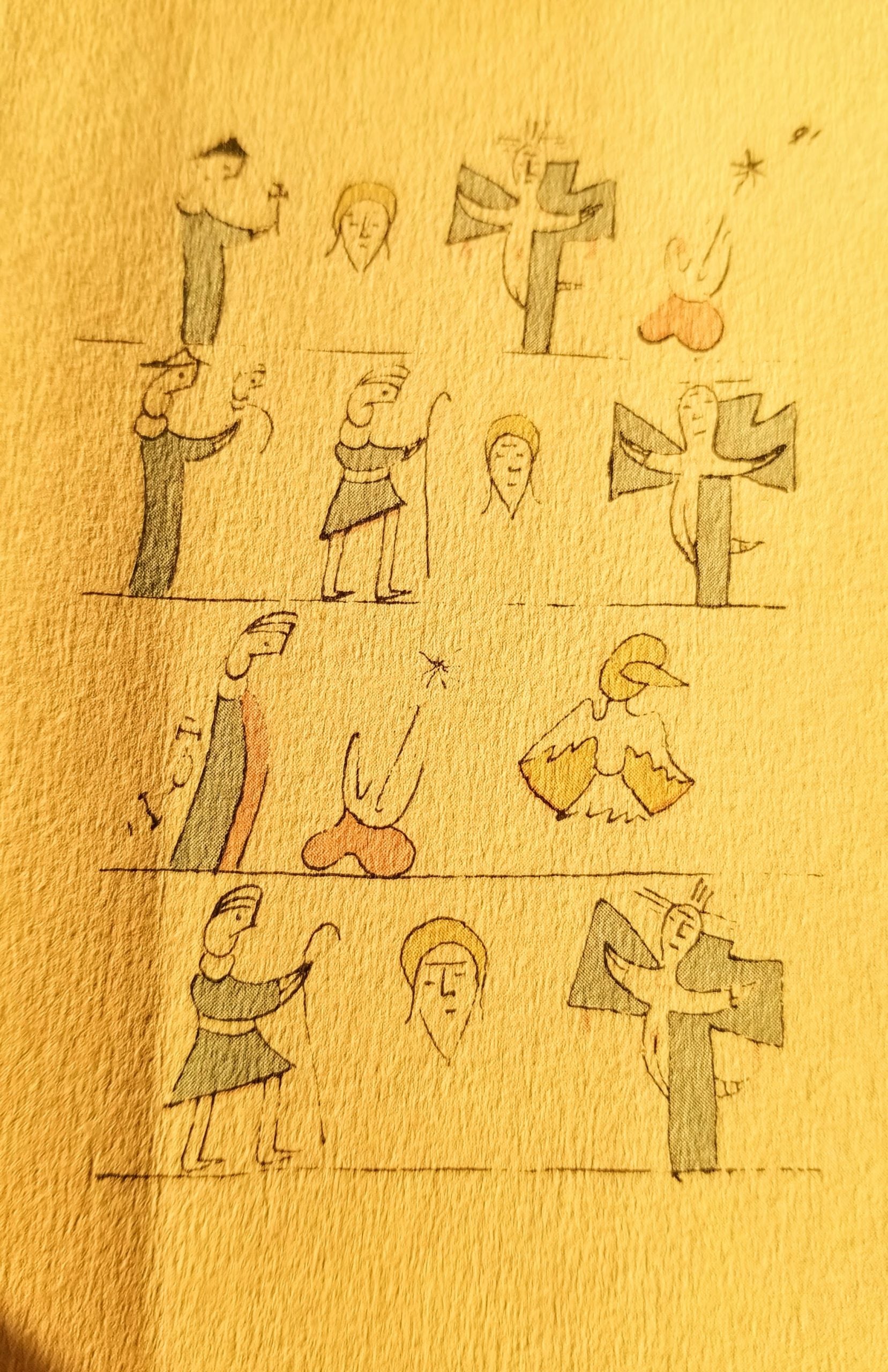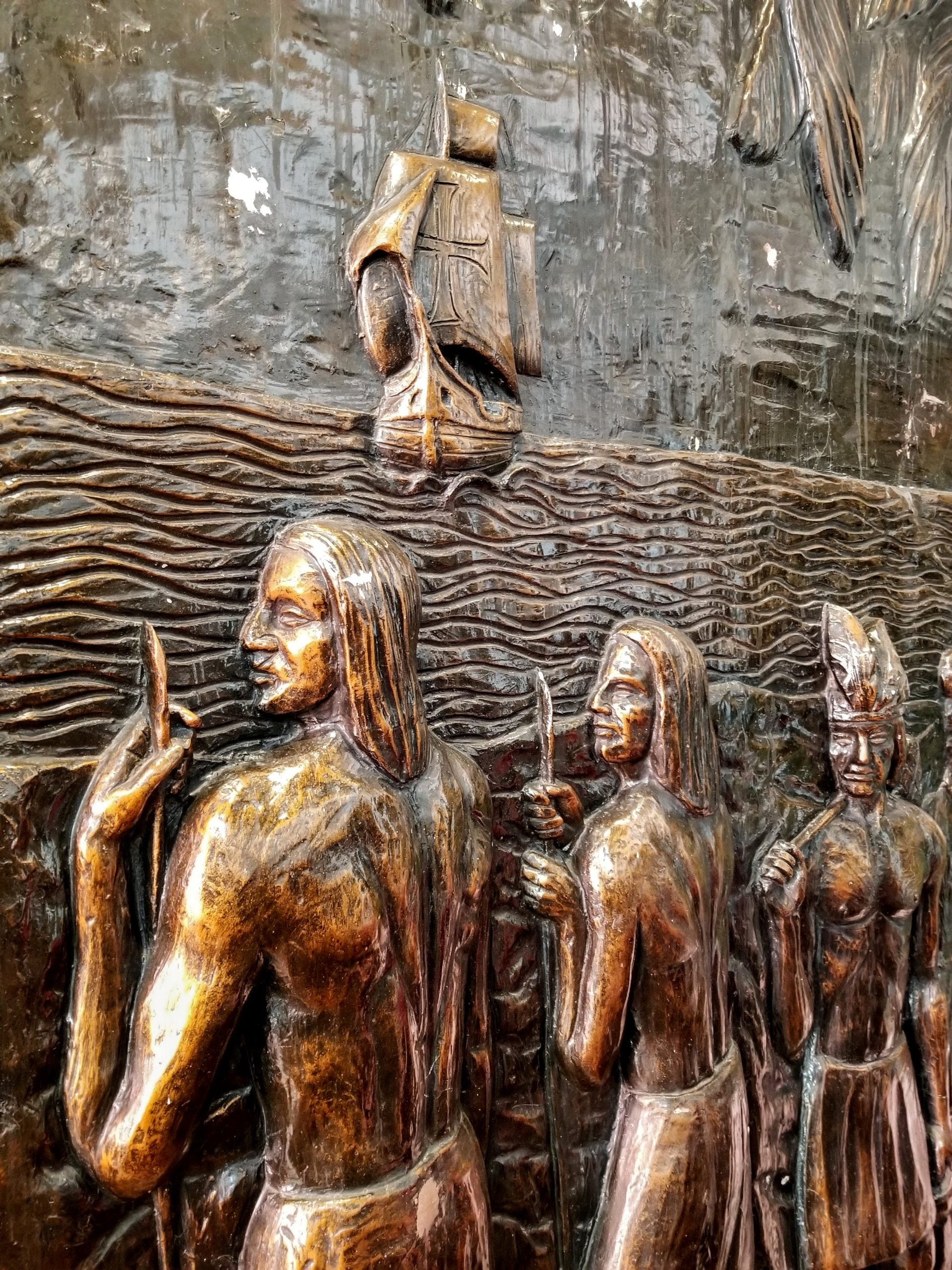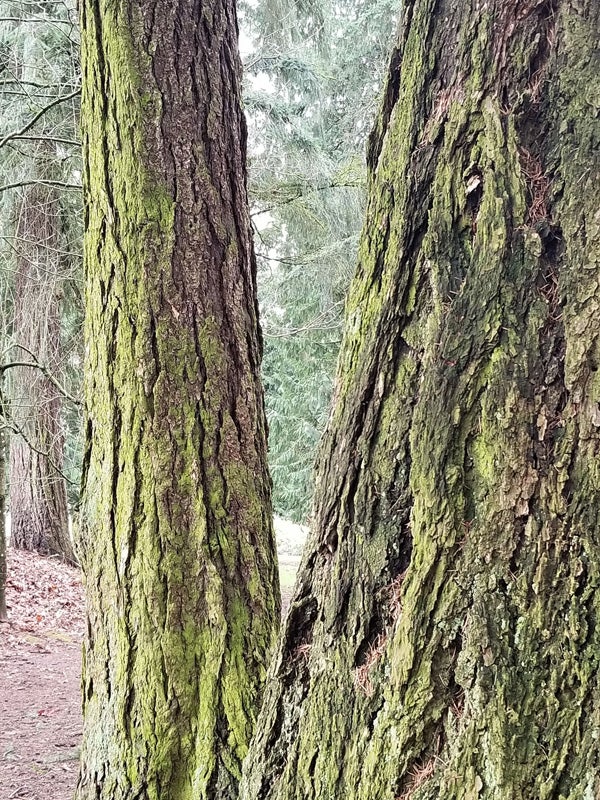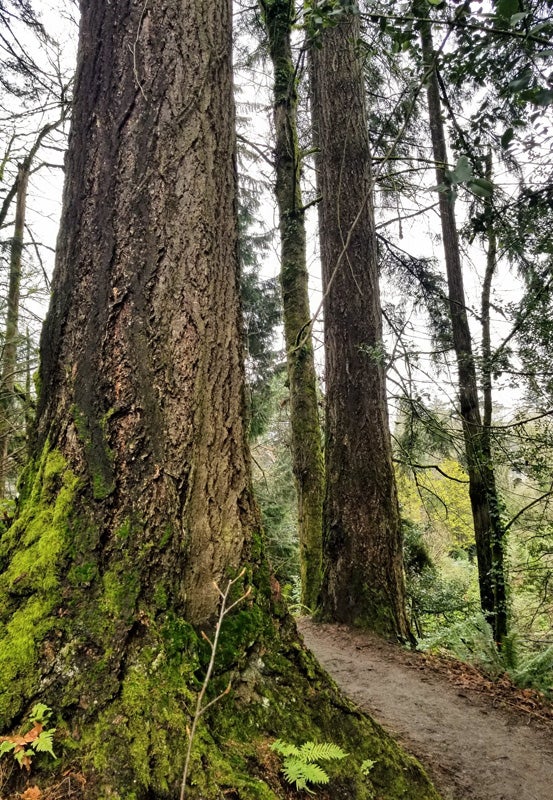I teach a broad range of students, from first-year undergraduates exploring their interests and themselves, through those concentrating on historical interpretation, to doctoral candidates pursuing dissertation projects. I challenge students to engage not only with the “pasts” they interpret and tell but also with themselves, with their own presumptions and processes of remembering and learning.
Journeys & Stories (History 197) is a first-year seminar that typically meets in the Winter semester. Crossing time and space, genres and disciplines, this course explores the relationships between memory, story-telling, and history-making, between presents and pasts, and ultimately between ourselves and our subjects of interest. Creativity and rigour are cultivated through discussion, and through a series of research, writing, performative, and collaborative opportunities.
The History of Latin America in Colonial Times (History 347 & Anth/Intlstd cognates) is an introduction to the “colonial period” in the regions of the globe into which the Spanish and Portuguese first intruded in the late fifteenth century. I offer this course most Fall semesters. We attend to rich, deep contexts in the Americas, Africa, and Europe with the aim of underscoring that there was nothing natural or inevitable about what would follow contact, explorations, conquests, and the consolidation of colonial rule. Just a few of our protagonists include conquistadors and vagabonds, religious intellectuals and chronicling reporters, persons escaped from conditions of enslavement, female mystics, and rebel leaders. This course explores the fragility of evidence, the interpretation of different people and perspectives, and emphasises the unintended consequences awakened within and beyond “empire.”
Conversions and Christianities (History 487) welcomes upper-level undergraduates into the study of “change” in the Fall semester. The course sometimes has a graduate component. While early modern Spanish and Portuguese notions and projects of “conversion” among originally non-Christian peoples become our focus, we employ cross-disciplinary thinking tools (especially anthropology and literatures) to set our studies within much larger frames. In the discussions that form this course’s core, and through a series of short creative assignments, students will be invited to consider their own positions, lives and surrounding cultures in terms not unlike those employed to think about transformations in the past: interactive, emergent, incomplete; replete with the twists and turns, and alive through re-tellings.
I now also teach the Junior Honors Colloquium (History 498). This seminar — the first in the three-semester History Honors course sequence — prepares students for writing an Honors thesis during their senior year. The course opens up the challenges, craft, and possibilities of historical research and writing, with three concrete objectives: the selection and honing of a topic of interest; the completion of a prospectus for the Honors thesis (the basis for thesis research during the summer and for the completion of the thesis during the senior year); and the identification of a faculty member who agrees to supervise the completion of the thesis during the senior year. We work on preliminary research in primary sources, the review and citation of relevant secondary literature, and on the creation of effective, compelling written expression.




